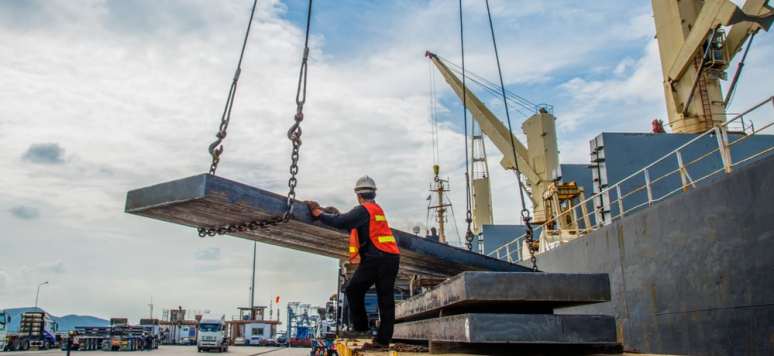Briefings de l'Ifri - The EU’s Carbon Border Adjustment Mechanism: A Piece in the Industry Decarbonization Puzzle Briefings de l’Ifri, March 9, 2022

The Carbon Border Adjustment Mechanism (CBAM) is a first step toward reconciling the European Union (EU)’s climate and trade interests. However, a complementary set of domestic and external policies will be needed to drive the decarbonization of European and global energy-intensive industries.
• By 2035, the EU must have fully replaced its unsustainable free allocation regime by an effective CBAM. Yet, rushing implementation may bring little climate benefit and additional strains on industrial competitiveness, in a context of soaring energy prices.
• Even with the CBAM as a complement, the EU Emission Trading Scheme (ETS) is no silver bullet. Triggering large-scale investment in deep-decarbonization projects across the EU requires a package of well-coordinated policies, including those enabling crucial access to affordable low-carbon electricity.
• Climate clubs are not a credible alternative to the EU’s CBAM, nor desirable amid the geopolitical crisis. Instead, the EU should convince all large industrial countries that the race for clean manufacturing requires guiding principles, to avoid undue distortion of trade and ensure a fair industrial transition globally.
• Setting expectations about CBAM at the right level – both internally and externally – is the best way to support the EU’s green industrial policy while containing diplomatic tensions.
